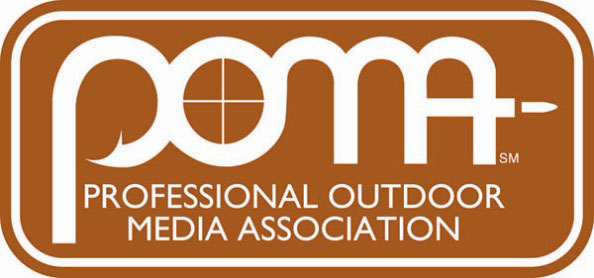MT Warden Shoots Record Ram In Sting Operation
Boy, I don’t know. I’m about as pro-law enforcement as they come, but I’m not so sure that the end justifies the means in this case. Granted, I’ve never been undercover in a high-stress situation. Great piece by writer Allen Jones. I’m interested in my readers’ opinions.. ~DesertRat
Read the full article here: Big Horn Sheep Killing: A Betrayal of Trust
According to court documents, the investigation began in 2005, and was seeded in the fact that Lewton was “with a number of bighorn sheep tag holders in Montana during the last 10 to 15 years when they were hunting for bighorn sheep.” His continued proximity presumably helped arouse suspicion that he was outfitting without a license. The agent, identified in court documents only as J. G., first approached Lewton on July 29, 2008. Lewton specifically told J. G. he could not charge for helping him as Lewton was not an outfitter. He went on to say that he would be scouting and flying the area for another hunter, and could do the same for J. G. for $1,000. By my reading of the court documents, these are the only monies Lewton received prior to the shooting of the sheep.
Again according to court documents, during the hunt the men passed through a small piece of private property conspicuously marked no trespassing. Lewton asked the agent if he minded trespassing and the agent responded that he did not.
The first day of the hunt, agent J. G., shot at the ram and purposefully missed. The next day, September 19, with radio guidance by Lewton and his two companions, J. G. shot at the ram and purposefully missed again. They pursued the ram further. The ram was then “chased with two others into a steep-sided coulee.” According to documents, “It was clear that J. G. must shoot the ram, which was now in close proximity to the hunters, or reveal his true identity.”
After the hunt (in October), Lewton bought the ram from the agent for $5,000.
The prosecution, by my read, hinges on two elements. The first and apparently least in question, that Lewton (and the investigating officer) crossed private ground to reach the animal. The second, that Lewton accepted $1,000 for scouting and flying the territory. It’s questionable, to my mind, if this last constitutes “outfitting,” but he apparently did accept payment. The crossing of private ground prior to taking an animal, however, is illegal, which in turn would seem to make the taking of the animal itself illegal, leading to the other charges (unlawful possession, etc.) Given that the agent J. G. agreed to cross the private ground, he participated in the crime.
Read the rest of the story at the link above.








